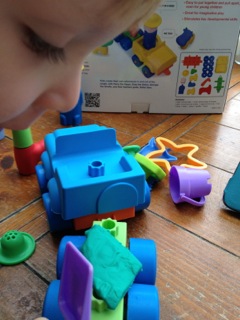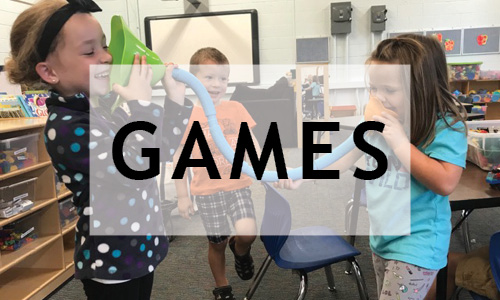 In a fascinating article in the New York Times last week, “In Raising Scores, 1 2 3 Is Easier Than A B C,” the author quotes several teachers who find bringing up math scores is a lot easier than doing the same for reading, as kids reach the middle school years. Teachers felt it was easier to assess where kids needed work in math, while more difficult to assess and teach the complex concepts of language such as vocabulary, sentence length, comprehension etc:
In a fascinating article in the New York Times last week, “In Raising Scores, 1 2 3 Is Easier Than A B C,” the author quotes several teachers who find bringing up math scores is a lot easier than doing the same for reading, as kids reach the middle school years. Teachers felt it was easier to assess where kids needed work in math, while more difficult to assess and teach the complex concepts of language such as vocabulary, sentence length, comprehension etc:
“Is it a vocabulary issue? A background knowledge issue? A sentence length issue? How dense is the text?” Mr. Peiser said, rattling off a string of potential reading roadblocks. “It’s a three-dimensional problem that you have to attack. And it just takes time.”
Studies show that teachers have a greater impact on math test scores than English test scores and the answer might be back at the beginning when kids were preschoolers. We know the importance of early language learning and its impact on later reading comprehension, so when kids get behind in the first years of life, it is harder to catch up in reading than math.
“Teachers and administrators who work with children from low-income families say one reason teachers struggle to help these students improve reading comprehension is that deficits start at such a young age: in the 1980s, the psychologists Betty Hart and Todd R. Risley found that by the time they are 4 years old, children from poor families have heard 32 million fewer words than children with professional parents.”
I’m glad that language and reading is finally getting the attention it deserves as an important bedrock for all learning. As science and math curriculums require more and more collaboration, journaling and inferencing, language proficiency affects outcomes.
Maybe everyone will listen a little closer now to the message of the importance of language learning and play in our children’s early years to build essential skills to later academic success.



